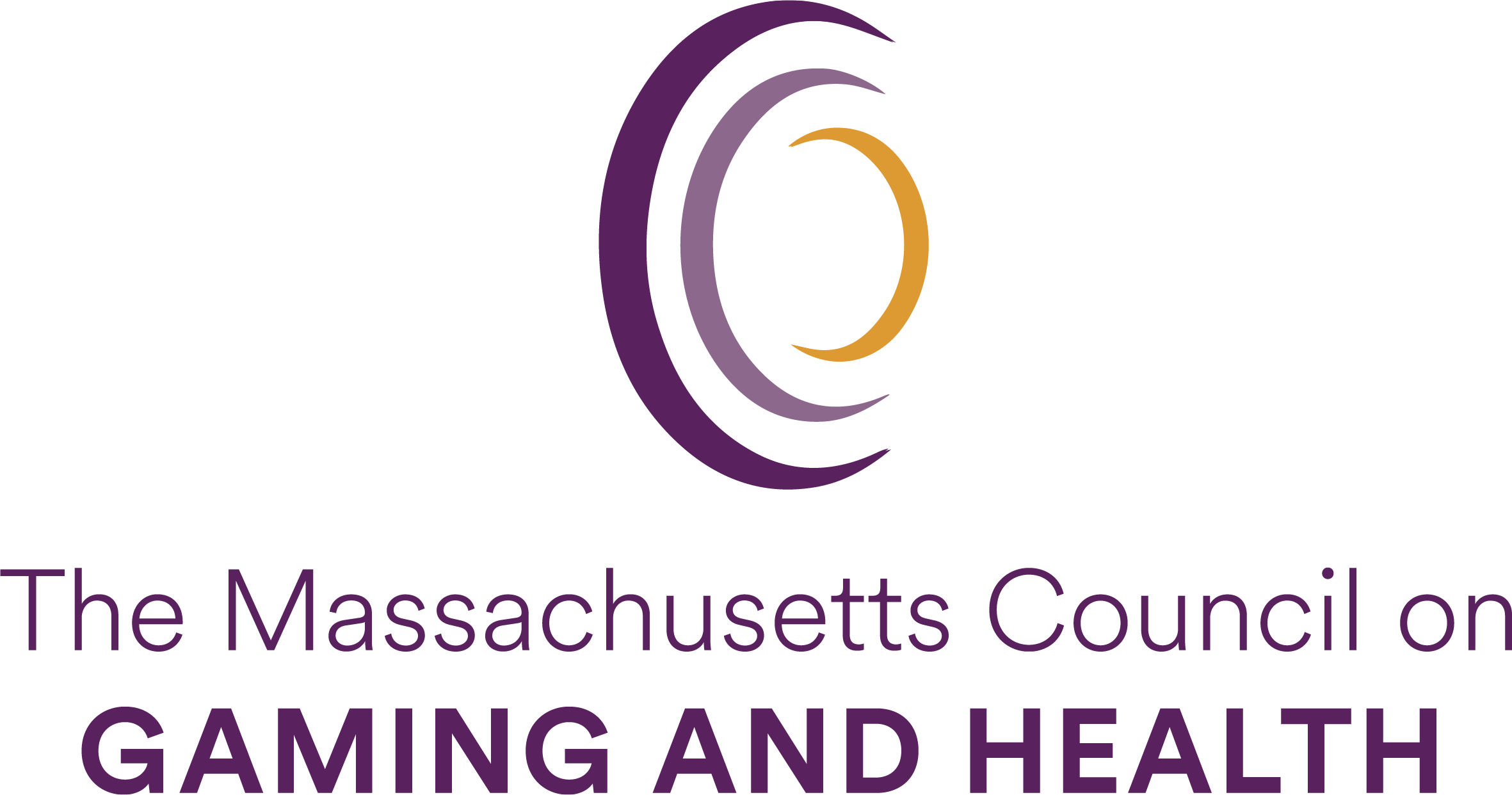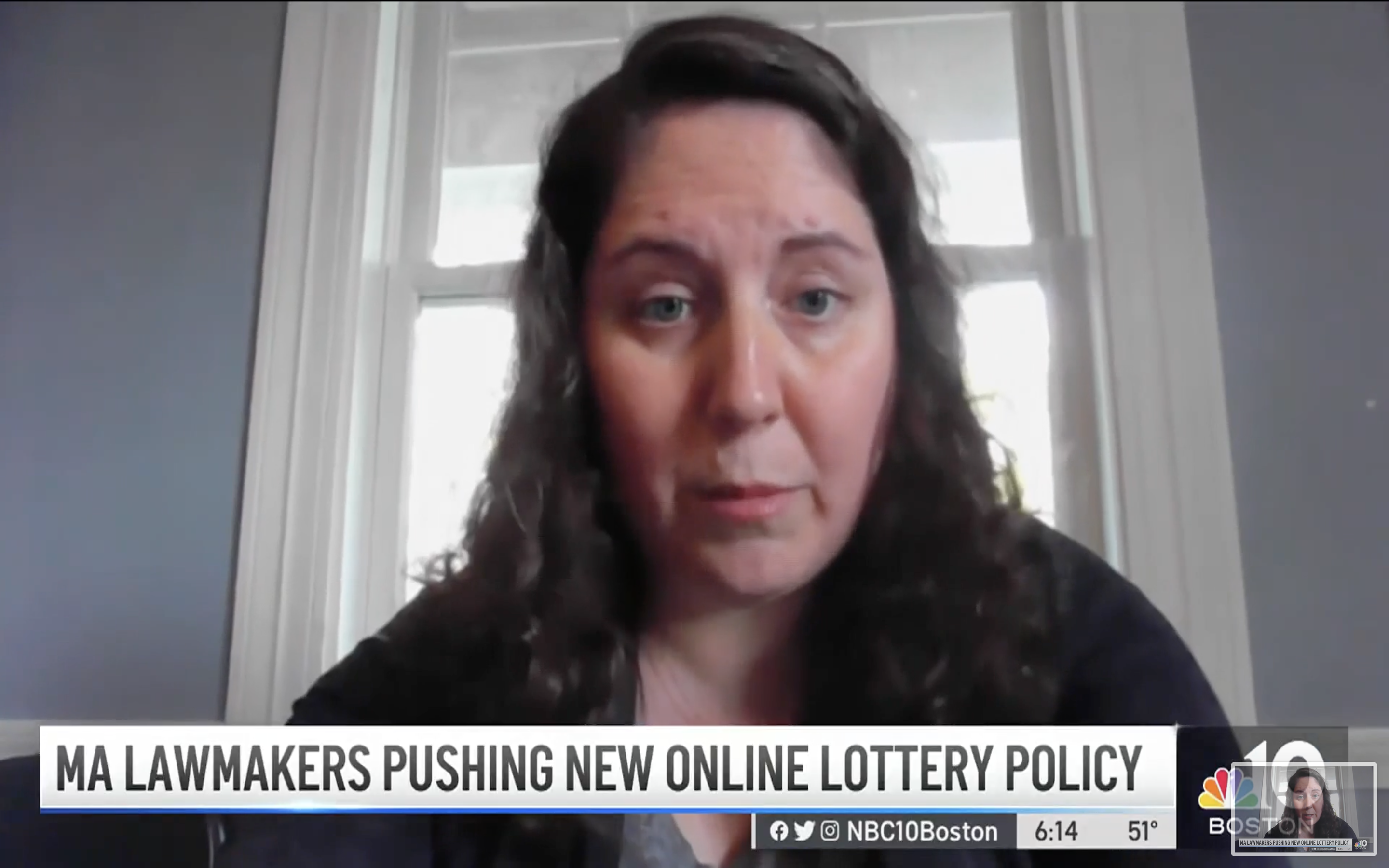Massachusetts looks poised to enter a new gambling frontier.
(As written in the May 8 edition of the Lowell Sun)
First, we had the Lottery that allowed people to gamble at their corner store, and then casino gambling that is bringing slots and table games to a resort destination near you.
Now we appear ready to enter the world of online gaming that would allow everyone with a laptop or smartphone to gamble anywhere, anytime.
As we speak, the Legislature is considering a bill that would establish an iLottery, and is holding special commission hearings on issues of legalized online gambling, Daily Fantasy Sports, and eSports betting.
To some, the move to online gambling is a natural evolution to keep up with the way we do business and consume products. They say that this is the way the world operates now and we must find a way to best regulate it. In the case of the Lottery, they also want to avoid a decline in support for our local communities.
We at The Massachusetts Council on Gaming and Health understand those considerations, but also see this issue through a different lens. We see it in the context of the hundreds of people who call our helpline every year because they – or a family member – are struggling with problem gambling. We see it through the experience of many of our veterans who started gambling overseas and came home in the throws of addiction, often too embarrassed to seek help. And we see it through the many people who started gambling in college, or on a whim, only to see their play grow into a problem and cause them to go into significant debt – threatening their homes, their jobs, and their families.
There is no question that gambling is an addiction and a disease like alcohol or drug abuse. A recent study showed that more than 500,000 Massachusetts adults struggle with or are at high risk of problem gambling or gambling addiction. We also know it impacts certain populations more than others, including African American men, our veterans, immigrants, and those with other behavioral health challenges.
That is why if Massachusetts is to move forward with online gambling, it must do so very cautiously. The legislature and Gaming Commission implemented nation-leading responsible gambling measures as we brought casinos into Massachusetts. As we consider online gambling, we also must put in place significant protections for consumers and services for problem gambling prevention and recovery, or not move forward at all.
With an eye toward protecting those most at risk of compulsive gaming, any meaningful piece of online gambling-related legislation should include:
Research. All player data should be anonymized and used by 3rd party researchers to report on the trends and play of all players, including those that end up with a problem. There is currently little to no research on online gambling in the United States.
Education information. Every online product should include prominently placed problem gambling information and access to help services (such as a hotline). They should also provide players with records of their own individual gambling history and withdrawal amounts, which acts as both as an education tool and deterrent.
Individualized tools to limit gambling. The state should provide guidelines on the amount one should reasonably gamble over certain periods, and allow consumers to set their own more restrictive limits. All products should allow for self-exclusion.
Strong advertising restrictions. Online gambling advertising should go through rigorous review and never target young people. Advertising should also include accurate information about the odds of winning/losing so people understand their risk.
Designated funding stream for prevention, treatment and recovery services. This is something that the legislature did for the casino gaming law, and it has become a national model. We should do so again here. If we are going to move down the online gambling path, we must adequately fund addiction services. And a designated stream takes that out of yearly political whims.
These are just a few of the many best practices that should be established before the legislature considers establishing online gambling or an iLottery. We know that too many families will fall behind without them, and the costs to those families will be far greater than any perceived benefits of moving forward into this new gambling frontier.
Marlene Warner is the Executive Director of The Massachusetts Council on Gaming and Health, the state’s central resource for problem gambling prevention and recovery services.
For online version, visit the link below:
http://www.lowellsun.com/opinion/ci_30981052/marlene-warner-fighting-addiction-is-new-frontier-online




